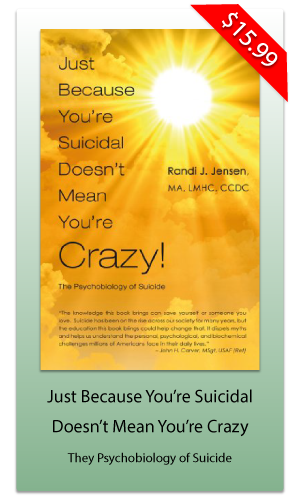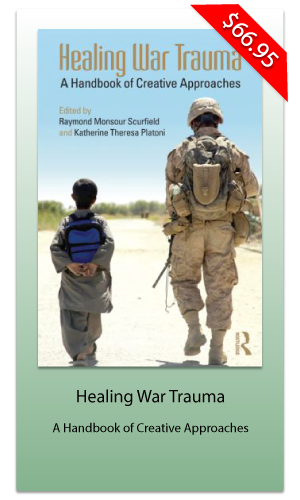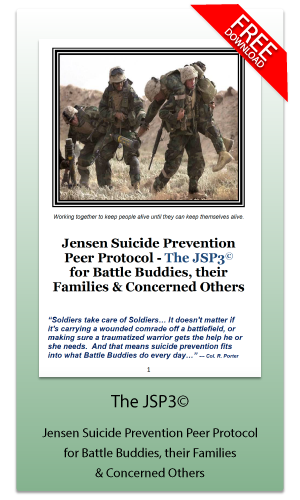
publications
----Read More Here---->
Excerpts from Just Because You’re Suicidal Doesn’t Mean You’re Crazy
“People deny reality for different reasons. In the case of suicidality, usually friends or family members of suicidal individuals do not want to believe that one of theirs could consider such a drastic thing. It is as simple as, “Why would people who do not think about suicide and say they have never thought about suicide think anyone else would? To them, it is truly “unthinkable”.” (p.110)
“An interviewee for this book noted, “I hate when people say suicide is so selfish – they have no idea. If you haven’t been to that point you have no idea how flat or down you can go, to the point of no emotion and not caring about anyone or anything else. The pain is too overwhelming, constant, and consuming.” (p.111)
“A non-suicidal person can only see why a person would want to live. A suicidal person has difficulty giving those reasons more value than the promise of escaping the pain of existence.” (p.111)
“You must remember to talk to the children involved, [after they have learned about a suicide] being sensitive about their natural questioning of the situation. Children are actually amazingly resilient and can handle age-appropriate information. It may be extremely difficult to explain the suicide to your children. Get help, There are therapists who specialize in navigating these waters. Because children are extraordinary at ready nonverbal cues, you run the risk of them drawing their own conclusions if you do not make the initiative to tell them the truth in the beginning.
When children are lied to, it can result in great anxiety because they can intuit the information does not match with what they are seeing. Whatever is left out or glossed over is open for their interpretation. Many will assume, as children do, that in some way, it is their fault. Lies and obscure stories create trust issues, shut down meaningful communication, and injure relationships. Opportunities for supportive interaction and constructive processing are lost. When children find out the truth, which inevitably they do, they become hurt and angry. Their grief process is consequently interrupted and must begin all over again.
Talk with them. This is a perfect opportunity to tell them how important asking for help can be, that they never have to solve a problem all by themselves. It is a chance to explain how problem solving works and how beneficial it is to all involved to work on problems together.” (p.112 – 113)



